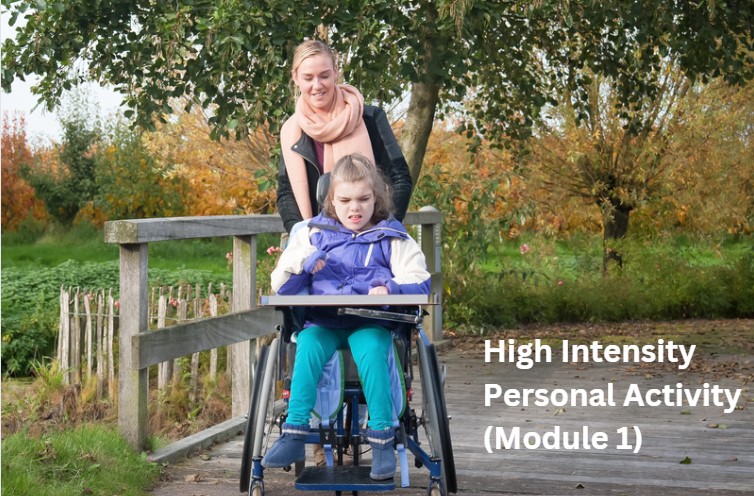
High-Intensity Personal Activity (HIPA) is a service group that provides extensive personal care or complex mobility assistance, ensuring they can perform essential daily tasks safely and effectively. Support workers trained in HIPA help clients maintain their independence and improve their quality of life by assisting with these high-demand activities.
Who is the typical client who needs HIPA?
Clients that require personalised support from highly trained support workers who can manage their complex needs effectively include:
Individuals with Severe Physical Disabilities: This may include those with conditions such as quadriplegia, muscular dystrophy, or severe cerebral palsy who need extensive physical assistance for daily activities.
People with High Medical Needs: Clients who require frequent medical interventions, such as those with severe epilepsy, respiratory conditions needing ventilator support, or complex diabetes management.
Participants with Behavioural Challenges: Individuals with severe behavioural issues or mental health conditions that require intensive and specialized support to ensure their safety and well-being.
Clients Requiring Specialised Equipment: Those who need complex assistive technologies or equipment for mobility, communication, or other daily functions.
Ageing Individuals with Disabilities: Older adults with disabilities who have increasing care needs due to age-related health conditions.
Individuals with Multiple Disabilities: Clients with a combination of physical, intellectual, and sensory disabilities require a high level of coordinated care.
What are the activities under HIPA?
- Complex Bowel Care – Assisting with bowel management, including using specialised equipment and techniques for individuals with bowel dysfunction.
- Urinary Catheter Care – Assisting with the care and maintenance of urinary catheters, including insertion, monitoring, and cleaning.
- Complex Wound Care – Providing care for individuals with complex wounds that require specialised dressings and management to promote healing and prevent infection.
- Severe Dysphagia – Providing help for the elderly with swallowing problems.
- Ventilator Care – Assisting individuals who require mechanical ventilation, including monitoring equipment and managing emergencies.
- Tracheostomy Care – Managing and providing care for individuals with a tracheostomy, including suctioning and ensuring the airway is clear.
- Enteral Feeding (PEG) Care – Providing support for individuals who require tube feeding, including nasogastric, gastrostomy, or jejunostomy tubes.
- Subcutaneous Injection – Administering medications or other treatments through subcutaneous injections, often for individuals with specific medical needs.
Join us for a practical NDIS Module 1 Information Session on July 31st to delve into the essentials of high-intensity personal activities under the NDIS guidelines.
Whether you’re an owner/operator, manager, compliance manager, quality manager, or support worker looking to deepen your understanding or enhance your organization’s practices, this session offers essential knowledge to support your role effectively.
